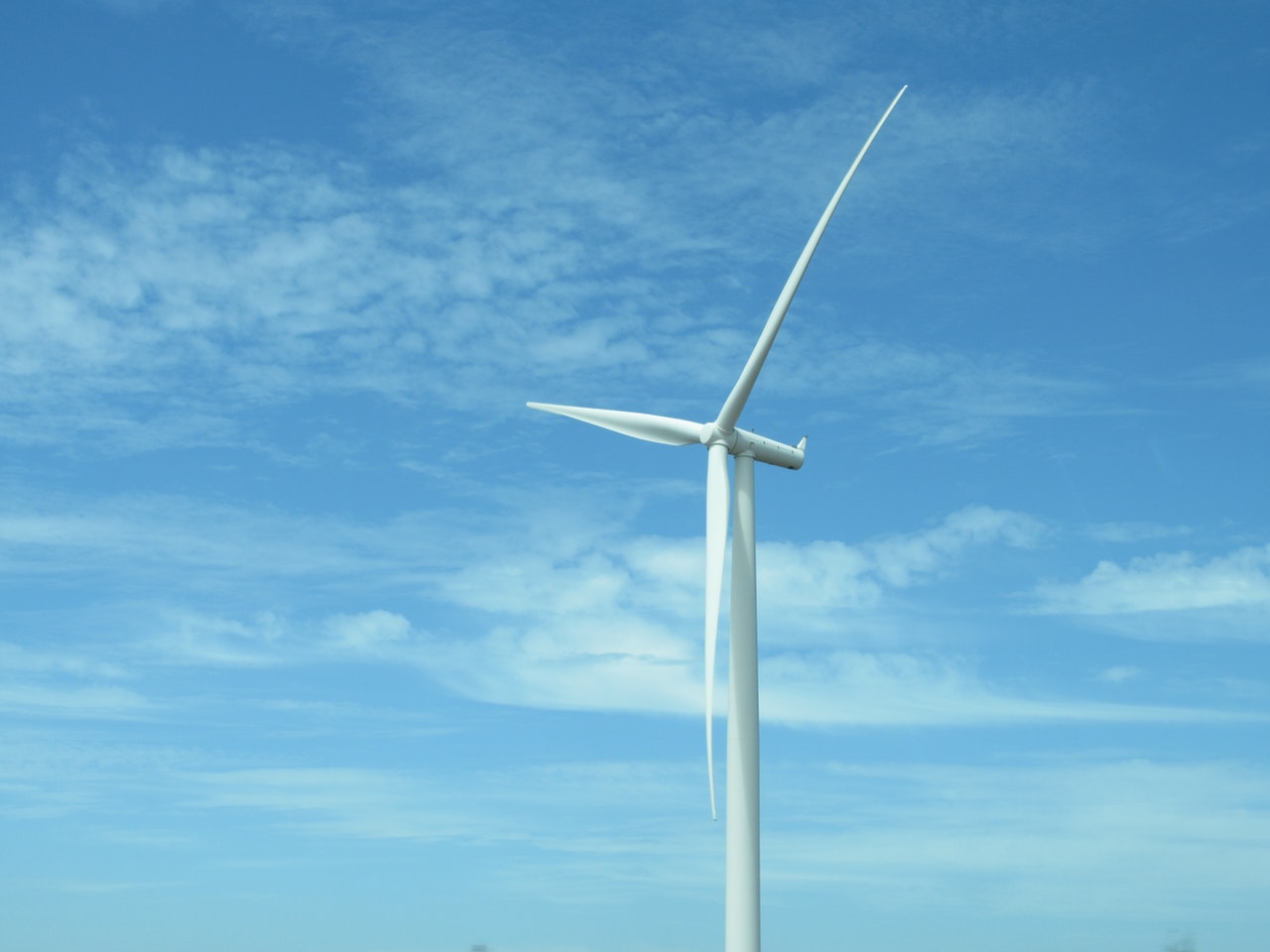
How COP26 decisions will affect the ordinary person
Much has been said and written in the last couple of weeks about decisions agreed at the climate summit will impact countries around the world – but how will the ordinary person be affected?
Midlands green energy expert Ron Fox looks at some of the ways in which the decisions made at COP26 could make a difference in our lives.
Transport changing gear: Switching to an electric car and bringing in new zero-emission buses and trucks will be two of the priorities. Dozens of countries, regions and car companies have agreed to provide more electric vehicles with experts predicting they will cost the same as new petrol or diesel cars within five years.
Also, they expect to see more leasing and a growing second-hand market where these vehicles are cheaper. “With better public transport planned and possibly fewer cars needed on the roads people will be encouraged to walk and cycle more,” said Ron.
Greener power: With more than 40 countries agreeing to phase out coal and to ensure clean energy is used to power businesses and homes, he thinks the UK will move even more quickly towards renewable sources, such as wind and solar energy and possibly nuclear energy.
Greener homes: There will be more emphasis on building new homes using low-carbon alternatives to cement and concrete and renovating old homes instead of knocking them down.
Ron believes that solar panels and heat pumps could become standard in all homes.
“Also, buildings will be designed to withstand the effect of climate change,which could include putting in shutters to withstand hurricane winds and improving spaces around our homes to absorb extreme rainfall better,” he added.
Paying for the cost of carbon: If we are flying off on a foreign holiday or shopping for imported food, we may in future have to pay a carbon tax or see the cost of a product’s carbon emissions being added to the price we pay, he believes.
“It may also mean that if a business doesn’t try and reduce the carbon emissions of its goods, the prices may go up and their profits go down,” said Ron of Noreus Ltd the University of Keele Science and Innovation Park in North Staffordshire. “So eventually firms may have to re-think their green credentials.”
An end to cheaper food: More than 100 countries have signed up to halt deforestation, so cutting down forests in the southern hemisphere to provide soybeans, beef and palm oil consumed in the northern hemisphere could stop, so putting up food prices.
More green spaces: Restoring the natural world from forests to peatland was also discussed at Glasgow, which may lead to people enjoying the benefit of more green spaces around our towns and cities.
“I don’t think everyone realises how the effect of the decisions made at the climate change conference are going to affect their everyday lives very quickly,” added Ron.
To find out more about COP26’s impact on green energy and environmental issues call Ron on 01782 756995.
Caption: Holiday-makers flying off to exotic locations may soon have to pay a carbon tax after the COP26 climate conference in Glasgow last month.




